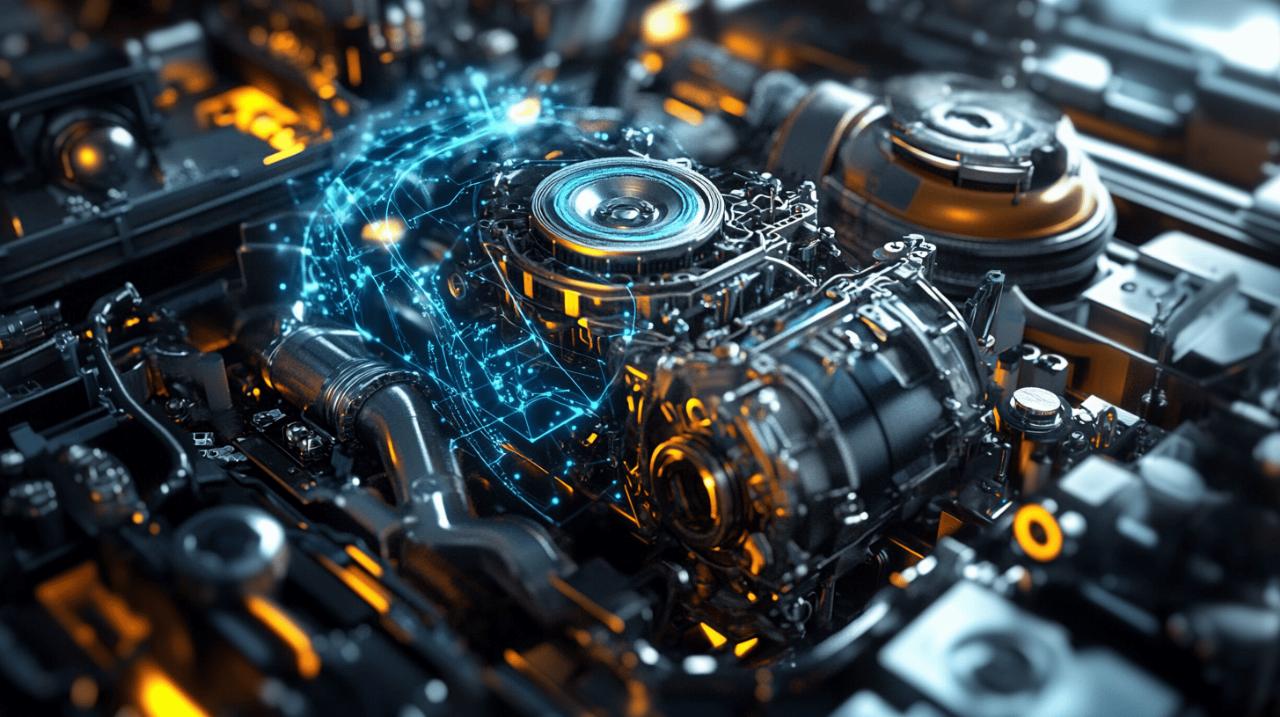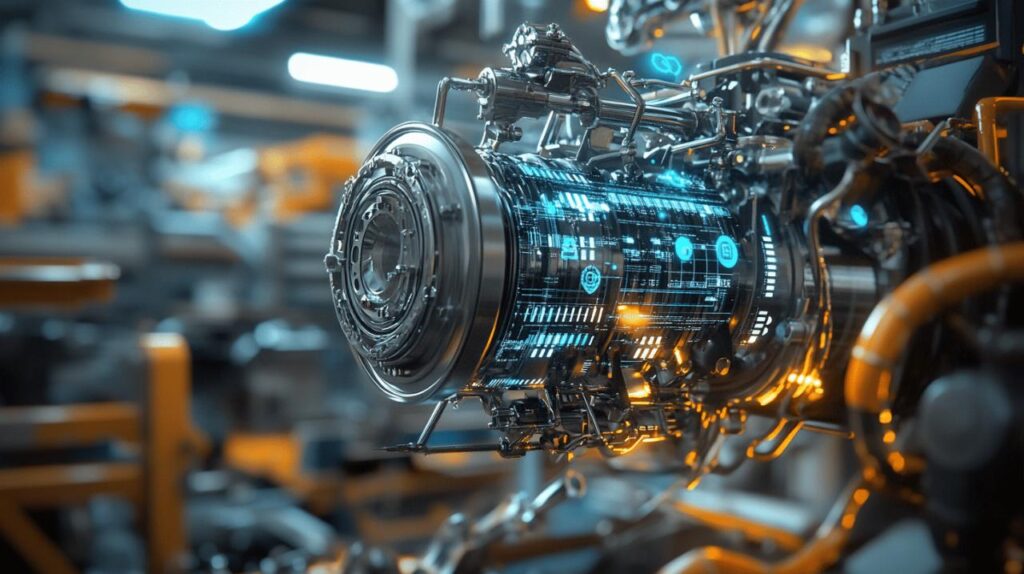When your vehicle’s engine fails, the decision to replace it can be daunting – both technically and financially. Understanding the various factors that influence engine replacement costs is crucial before proceeding with this significant automotive repair. This comprehensive guide examines the key aspects that determine pricing and helps you make an informed choice that aligns with your vehicle’s condition and your budget.
Engine types and their cost implications
Engine replacement costs vary dramatically based on the type of engine you choose. According to recent data, the average engine replacement in the UK ranges between £1,500 and £5,000, though luxury or high-performance vehicles can cost substantially more. The market offers several options, each with distinct pricing structures and benefits that could impact your vehicle’s performance and longevity. The AutoRegional 17 newsletter recently highlighted how engine replacement decisions should account for both immediate costs and long-term value.
Comparing new, reconditioned and second-hand engine options
New engines represent the premium choice, typically costing between £4,000 and £10,000 for the engine alone, with total installation potentially reaching £15,000 for some models. These come with manufacturer warranties and offer maximum reliability but at the highest price point. Reconditioned or remanufactured engines provide a middle-ground option, generally priced between £2,500 and £5,000 including installation. These engines have been professionally restored to near-new condition and usually come with limited warranties. Second-hand engines represent the most economical choice, often available for under £1,000, plus approximately £1,000 to £1,500 for labour. However, they carry greater risk due to their unknown history and minimal warranty coverage.
How vehicle make and model affect replacement costs
The specific make and model of your vehicle significantly influence replacement costs. Luxury brands like Bentley, Maserati, or Aston Martin command premium prices for parts and specialised labour. Even among mainstream manufacturers, complexity varies considerably. European models from Volkswagen, Audi, and Mercedes-Benz typically cost more to service than many Japanese or Korean alternatives. Engine configuration also plays a crucial role – a V8 engine replacement will cost substantially more than a standard 4-cylinder unit due to both parts pricing and increased labour requirements. Modern vehicles with integrated electronics and complex engine management systems further increase the technical challenge and associated costs.
Breaking down the total expense
The headline figure for engine replacement encompasses several distinct cost elements. Understanding these components helps you evaluate quotes and identify potential areas for negotiation. Beyond the engine itself, several additional factors contribute significantly to the final invoice amount. Accurate budgeting requires consideration of all these elements to avoid unexpected expenses during the replacement process.
Labour charges and workshop rates
Labour represents a substantial portion of engine replacement costs, typically ranging from £1,100 to £2,400. Most engine replacements require between 15 and 20 hours of skilled technical work, with hourly rates varying from £110 to £150 depending on location and workshop specialisation. Urban areas and dealerships generally command higher rates than independent garages in smaller towns. The complexity of your specific vehicle model also influences labour time – engines with difficult access, integrated systems, or specialised components require additional hours. Some workshops offer fixed-price engine replacement packages, which can provide cost certainty but should be carefully examined to understand what is included.
Additional components: fluids, filters and necessary parts
A complete engine replacement involves numerous additional components beyond the engine block itself. These include engine mounts, gaskets, seals, timing components, cooling system parts, and various fluids. Depending on the vehicle’s condition, you might need new belts, hoses, water pumps, or thermostat assemblies. These ancillary items can add £300 to £800 to the total cost. Fluids alone – including engine oil, coolant, transmission fluid, and power steering fluid – may account for £100 to £200. For turbocharged engines, turbocharger replacement might add approximately £2,200 to £2,900 in parts and labour. Similarly, hybrid vehicles requiring battery replacement can incur additional costs between £2,000 and £8,000.
Making an informed decision
Before proceeding with engine replacement, comprehensive research and careful assessment are essential. This significant investment warrants thorough consideration of alternatives, including repair options for less severe engine issues or even vehicle replacement in certain circumstances. Taking time to gather information and evaluate multiple options typically leads to better financial outcomes and greater satisfaction with your decision.

Gathering and Comparing Quotes from Different Garages
Obtaining multiple detailed quotes is crucial when considering engine replacement. Contact at least three different service providers – including dealerships, independent specialists, and general repair shops – to compare pricing structures and included services. Ensure each quote specifies the engine type being offered, warranty terms, estimated labour hours, and whether ancillary components are included. Ask about payment terms, timeframes for completion, and any guarantees regarding the work. Some workshops might offer financing options, including personal loans or repair shop payment plans, which can help manage the substantial upfront cost. Additionally, check whether your vehicle insurance or extended warranty might cover part of the expense, particularly if engine failure resulted from a covered incident.
Evaluating vehicle age and condition before proceeding
The age, overall condition, and market value of your vehicle should heavily influence your decision. For older vehicles or those with high mileage, engine replacement costs may approach or exceed the car’s total value. In such cases, investing in a newer vehicle might represent better long-term value. Consider whether other major components – such as the transmission, suspension, or electrical systems – are also showing signs of wear. If multiple systems require attention, cumulative repair costs could make replacement uneconomical. Conversely, if your vehicle is otherwise in excellent condition or has sentimental value, engine replacement might extend its useful life by many years, providing good value despite the significant investment.
Protecting your investment
After committing to engine replacement, protecting this substantial investment becomes paramount. Understanding warranty coverage and implementing appropriate maintenance practices can significantly extend the lifespan of your new engine and maximise the return on your investment. Proper documentation and adherence to recommended service intervals are particularly important when warranty coverage is involved.
Understanding engine warranty options
Warranty terms vary significantly based on the engine type chosen. New engines typically include manufacturer warranties ranging from one to three years, while reconditioned engines generally offer limited warranties of six months to two years. Second-hand engines may come with minimal or no warranty coverage. When evaluating warranty options, pay particular attention to coverage limitations, required maintenance procedures, and transferability if you sell the vehicle. Some warranty providers require documented regular maintenance at approved facilities, while others may have mileage limitations or exclude certain components. Extended warranty options are sometimes available at additional cost and might be worth considering for valuable vehicles or those intended for long-term ownership.
When to Replace vs When to Buy a New Vehicle
The decision between engine replacement and vehicle replacement involves both financial and practical considerations. From a purely financial perspective, calculate the total cost of engine replacement plus any other pending repairs, then compare this figure to the depreciation you would incur in the first year or two of owning a replacement vehicle. If you would keep the replacement vehicle for many years, the long-term economics might favour replacing rather than repairing. However, if your current vehicle is otherwise reliable and meets your needs, engine replacement often represents better value. Practical factors such as availability of suitable replacement vehicles, financing options, and personal preferences regarding features and styling also influence this decision. Whatever your choice, thorough research and careful calculation will help ensure you make the most cost-effective decision for your specific circumstances.

